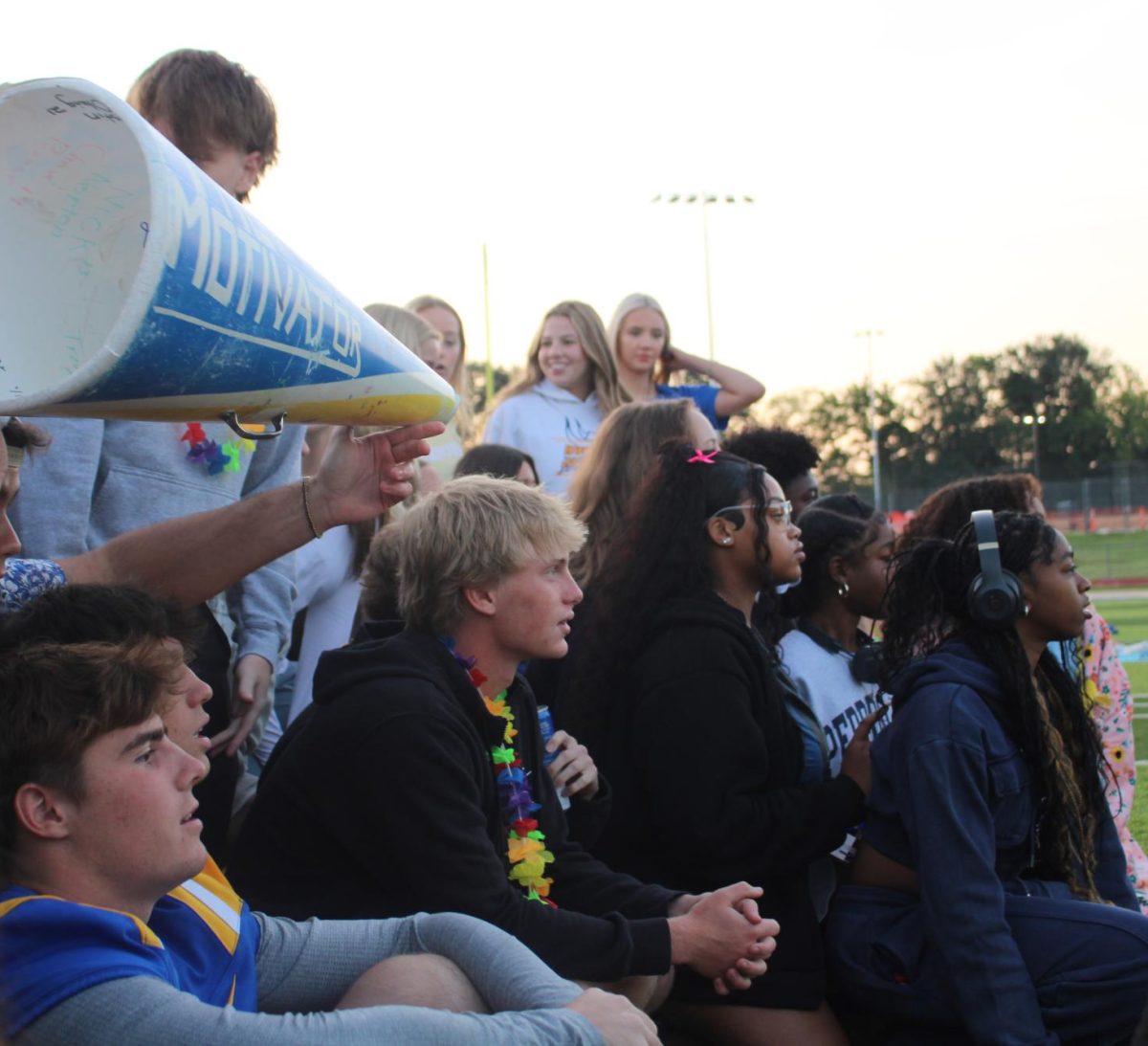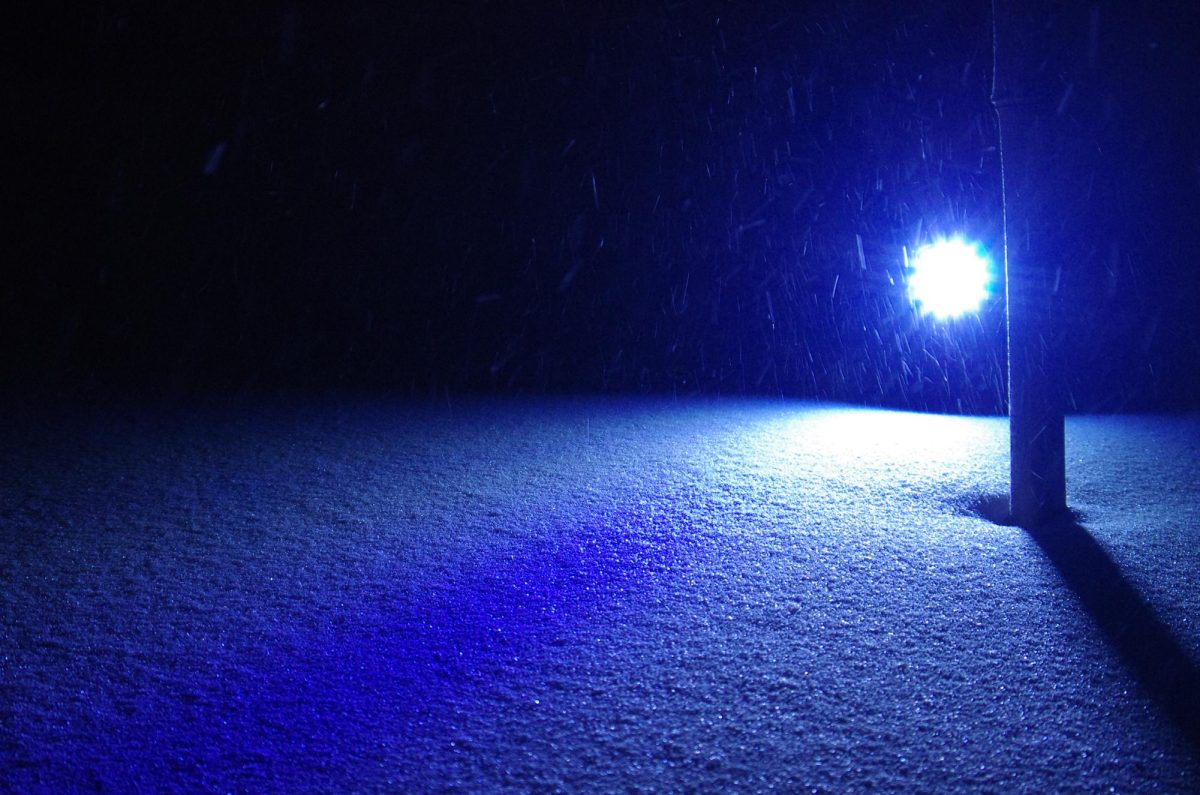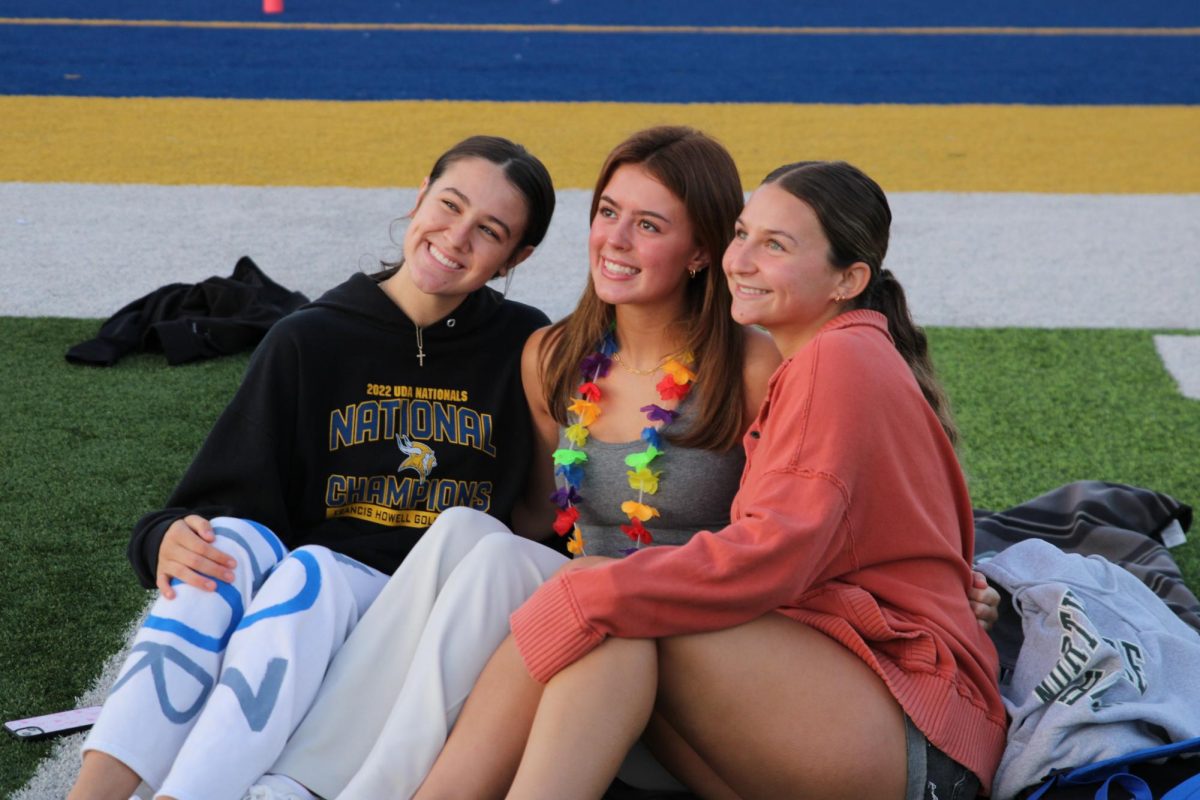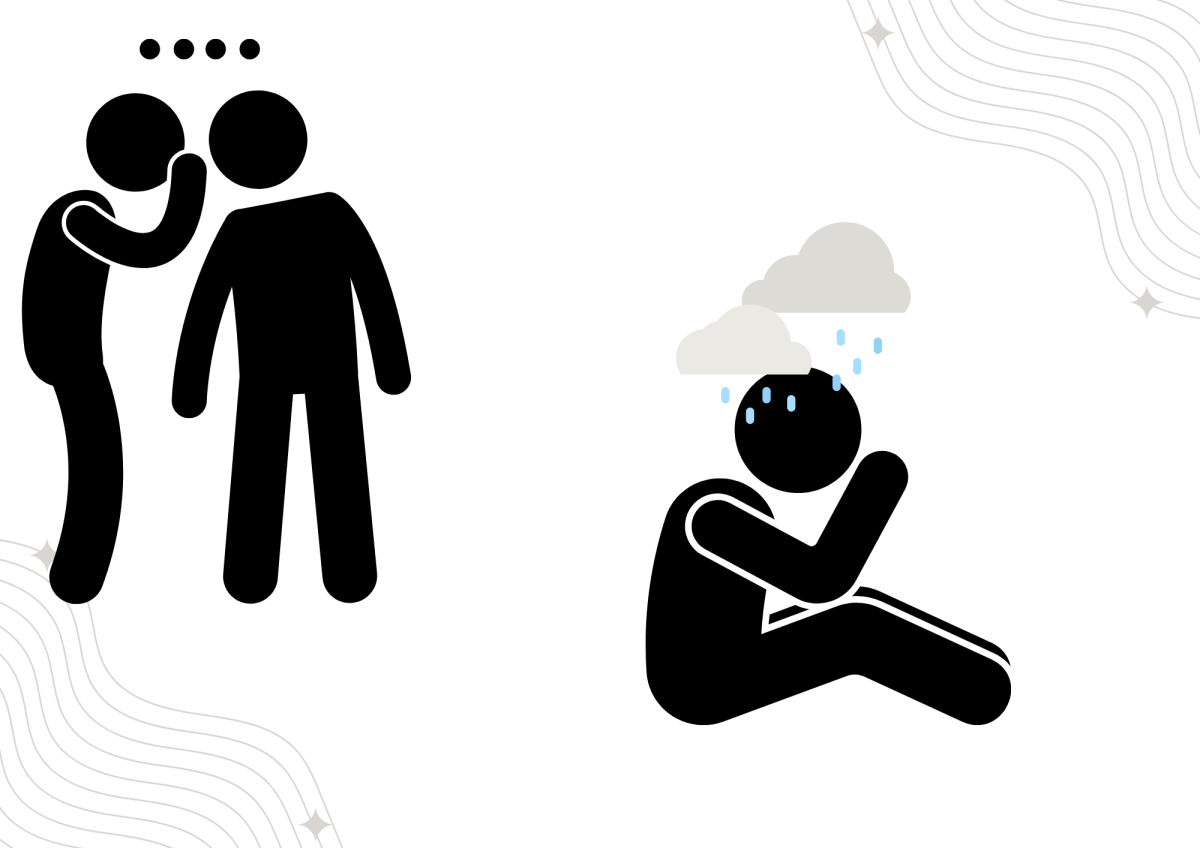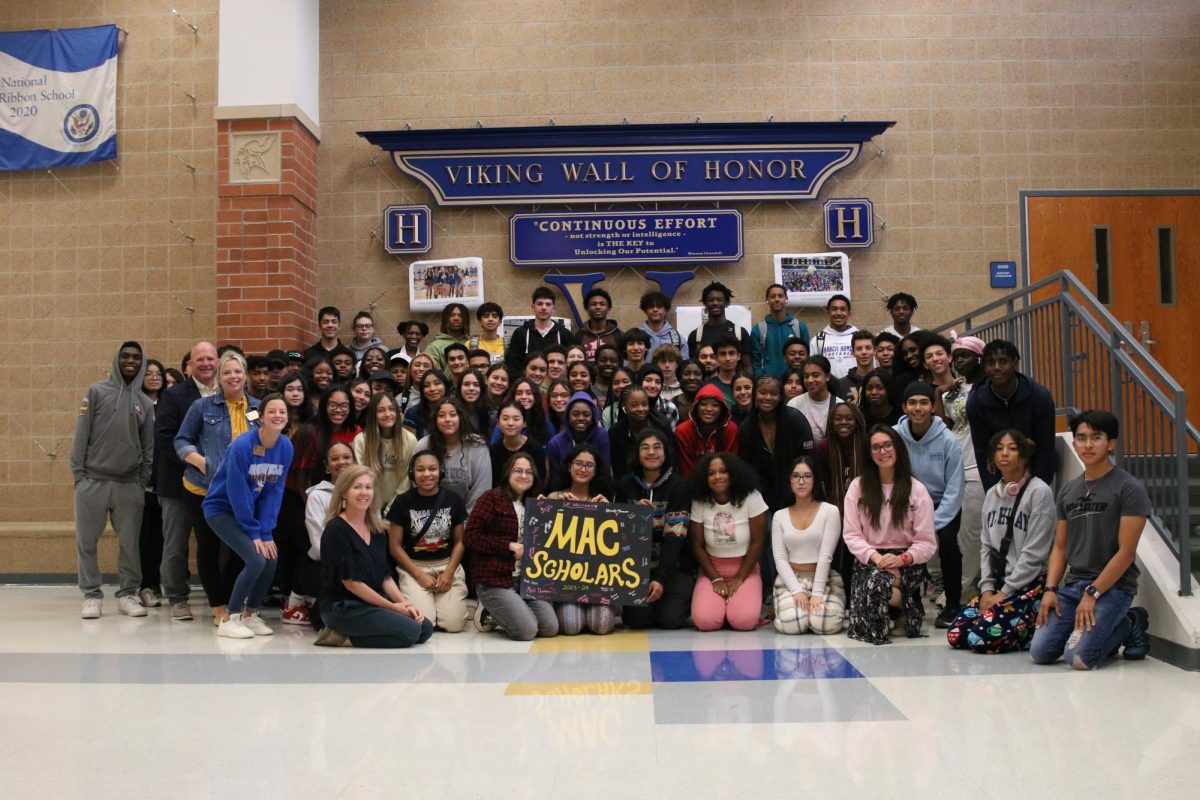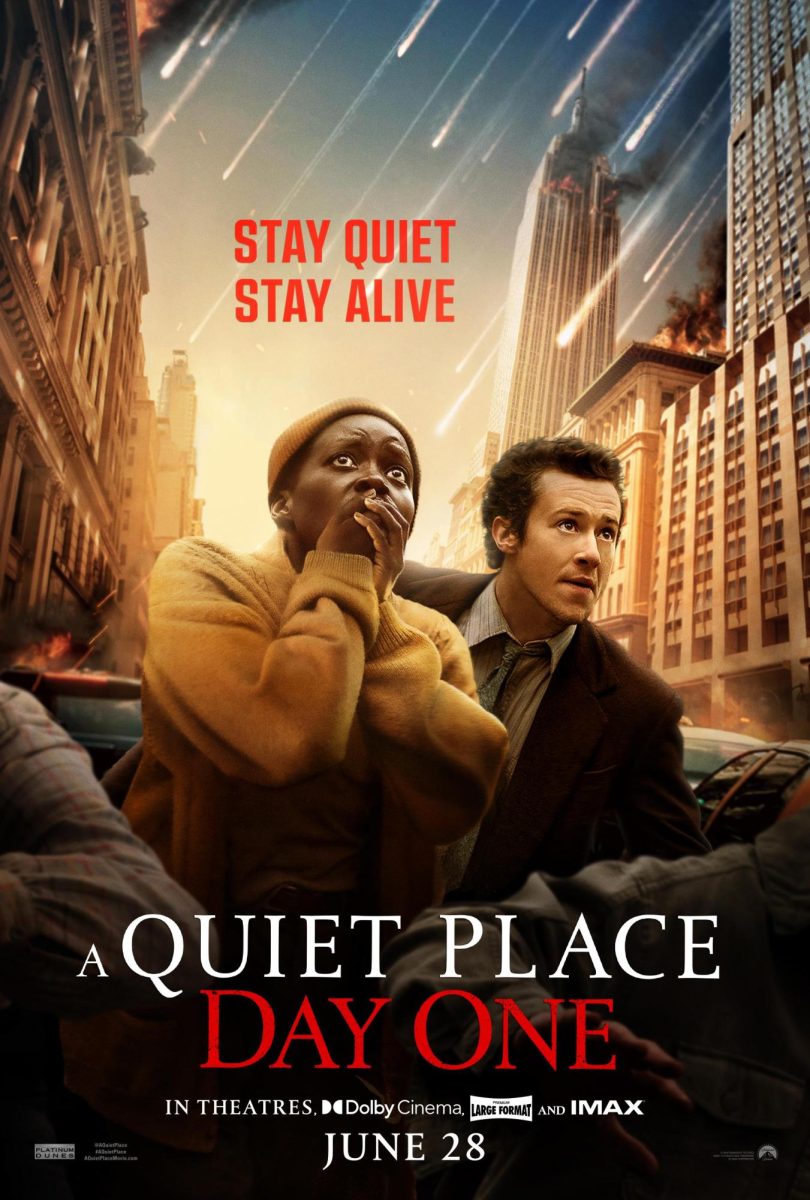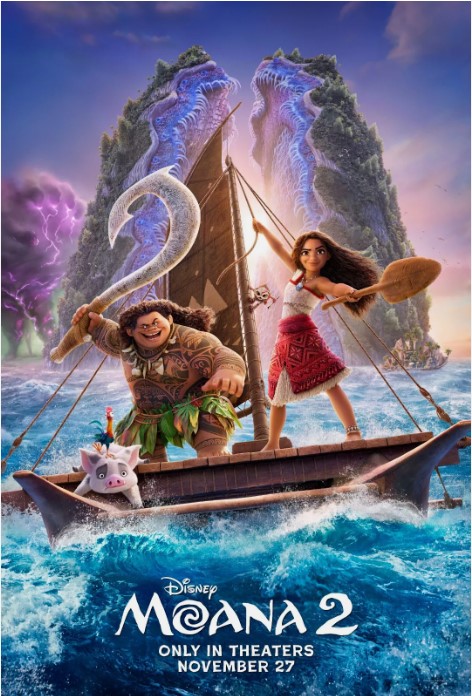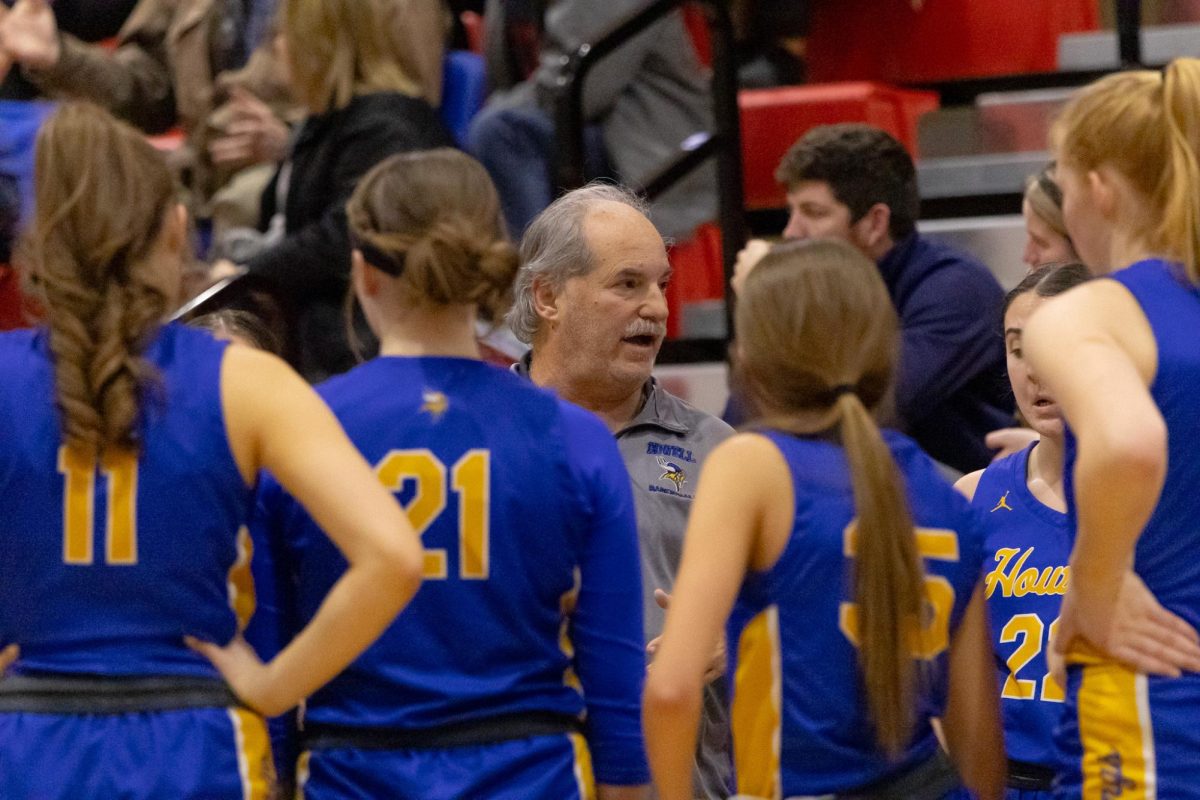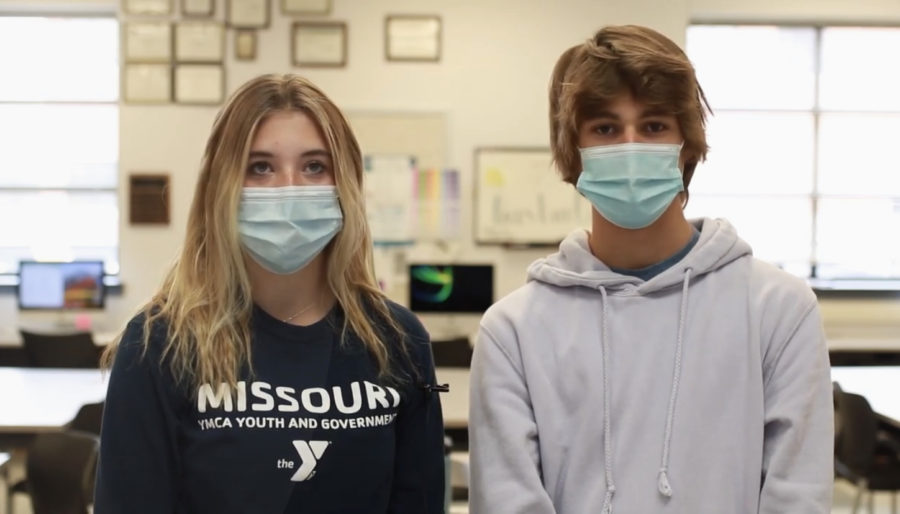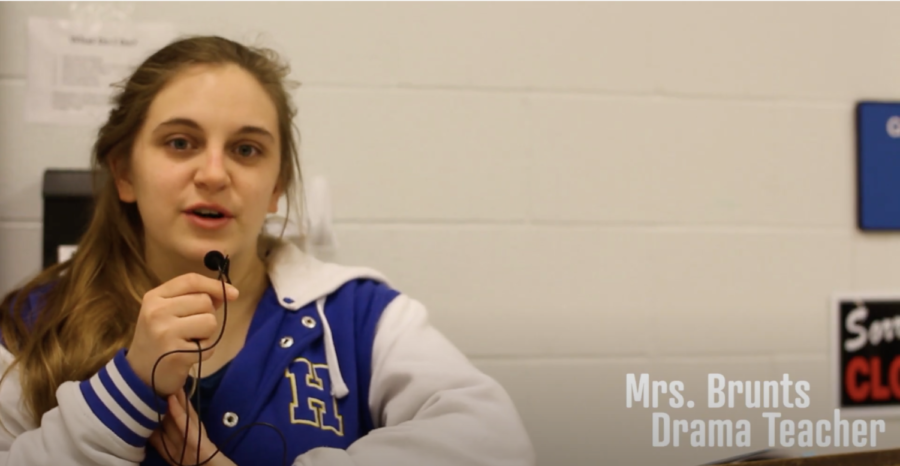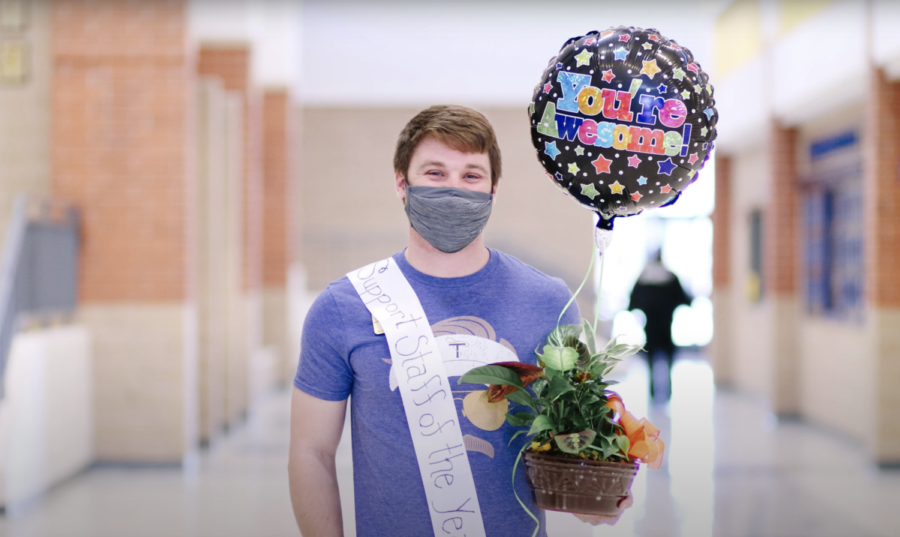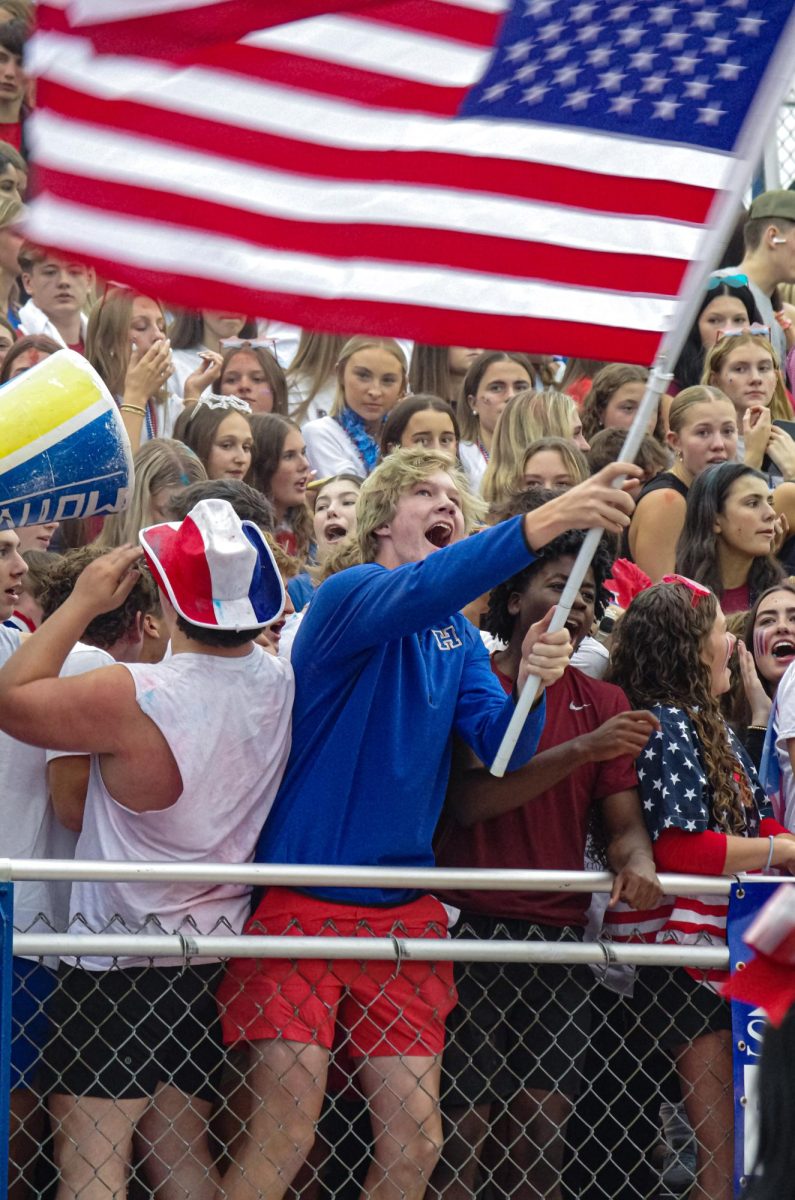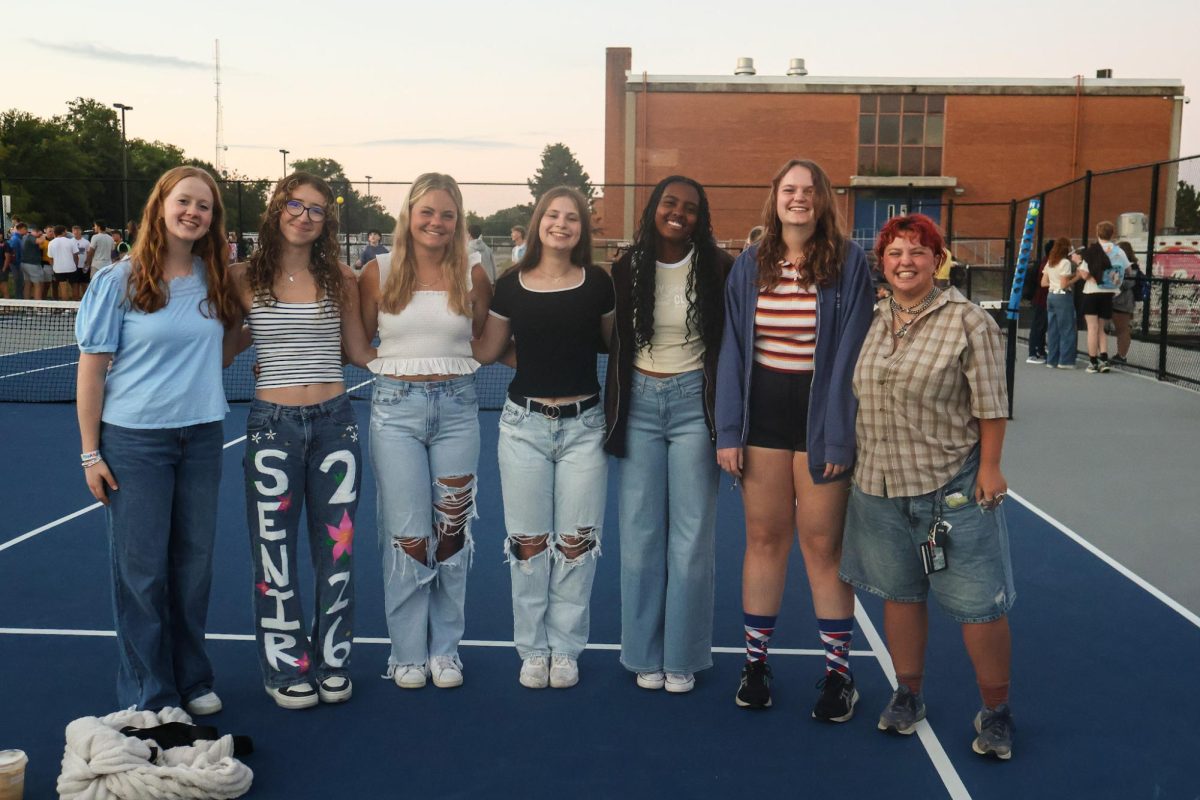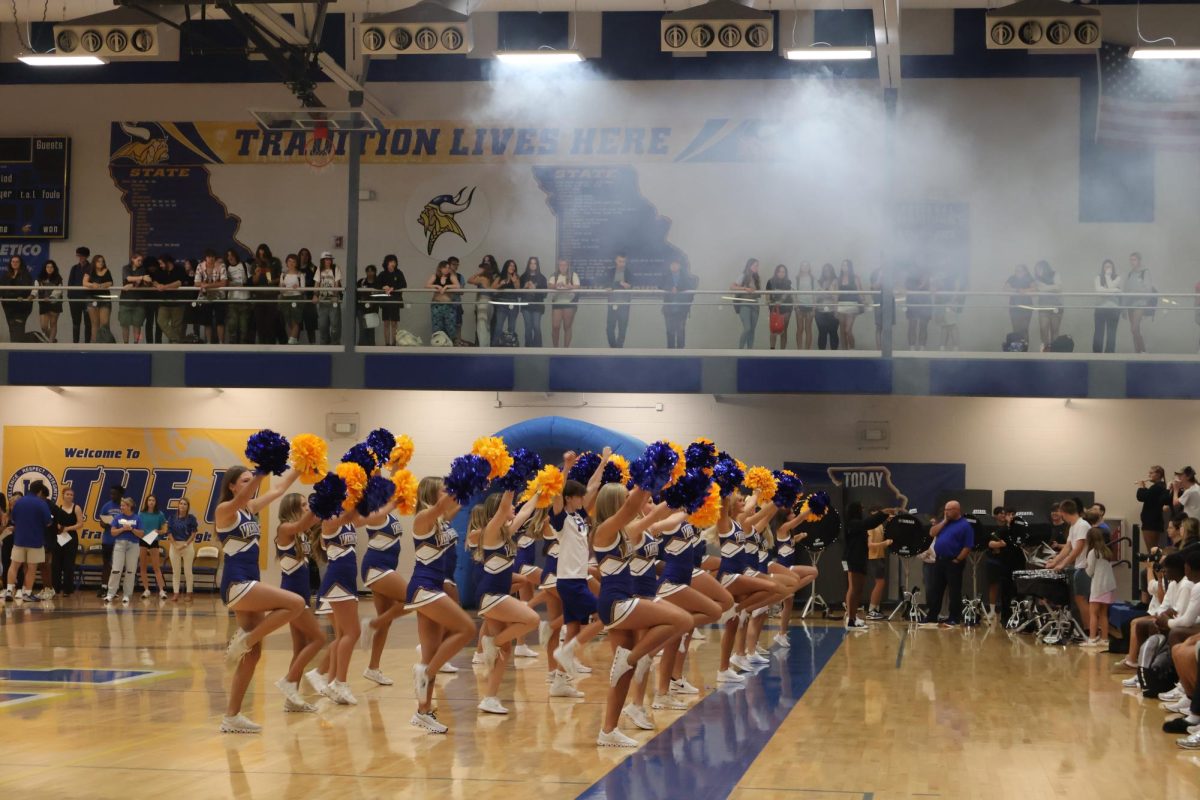Director Tim Burton released Beetlejuice Beetlejuice, the sequel to the 1988 film Beetlejuice, on Sept. 6. With a 7/10 IMDb rating, the blockbuster brought in more money than the same weekend release of Transformers: One. Worldwide, the movie has garnered over $226 million dollars in box office sales to date, but despite the love this movie saw in theaters, there were a lot of mixed reviews about it, mine being one of them.
Beetlejuice Beetlejuice is a very entertaining movie. There was never a moment during this hour and a half long movie that I was bored, but there were a few moments where I was quite confused. Within the first 20 minutes of the film, Charles Deets, Delores’ (Monica Bellucci) husband, and Lydia Deets’ (Winona Ryder) father, is written off as being in a plane crash and then eaten by a shark to explain his lack of a head, voice and presence among the living. (Jeffrey Jones, who played Charles Deets in the first film, was not invited back, and the franchise almost completely wrote the character out of the sequel due to the charges that now follow Jones.) Writing him out was a good idea but in the description of Deets’ death, the director chose to animate the scene, which was just odd among the charges following. Animating a scene to write out an actor who faced charges involving minors is in poor taste, especially when the animation used seemed quite childish. Due to the nature of the situation, they couldn’t do anything else, but it was a weird introduction to the character.
Burton is known for his interesting directorial decisions, and this film was full of them. Beetlejuice Beetlejuice could be spotted as a Burton film within the first ten seconds, but some distasteful scenes made this all the more recognizable. For instance, Burton gives a nod to the 1970’s television series Soul Train when Astrid Deets (Jenna Ortega) is temporarily sent on the “Soul Train” to the great beyond. As she’s navigated through the train, we see dancers doing the Roger Rabbit and the bump as a conductor, who looks like Don Cornelius (the original host of the sitcom) calls for everyone to get on the train. Putting something such as the Soul Train, which was originally used to celebrate African American culture, as the train to the underworld was inappropriate.
Soul Train highlighted the joy and spirit of African Americans through dance, style and culture. In a CNN report from 2023, Brooklyn White-Grier explained that, “In the middle of the Black Power era and feeding from the Civil Rights movement, ‘Soul Train’ provided a fresh opportunity for Black people to see and celebrate themselves. It was the most prominent stage displaying the mingling of sociocultural and political progress.” The show also led to the careers of Black artists, such as Rosie Perez of Spike Lee’s Do the Right Thing and Vivica A. Fox, of Quentin Tarantino’s Kill Bill franchise.
All of this together becomes an issue when highlighted alongside Burton’s previous racist casting decisions. Debate among this has grown heavily since Netflix’s Wednesday, in which Burton cast Joy Sunday, a Black woman, as a bully or villain in the show after being criticized for never casting people of color in his work that had no artistic restraints upon race.
As a whole, Burton’s Beetlejuice Beetlejuice was tainted because Burton’s name is attached to it. Unnecessary clips and scenes found their way into this movie when, without these scenes, the movie would’ve been made so much better. For every 30 minutes of quality entertainment there would be a scene such as Soul Train or the animated clip that just made you wonder how this passed the board of directors. It was reasons such as these that led to my dislike of the movie, but despite that I couldn’t find myself tearing my eyes from the screen. Most of Burton’s work is enjoyable although, after further dissection, it is seen to be a little disturbing, and Beetlejuice Beetlejuice is nothing short of that.


